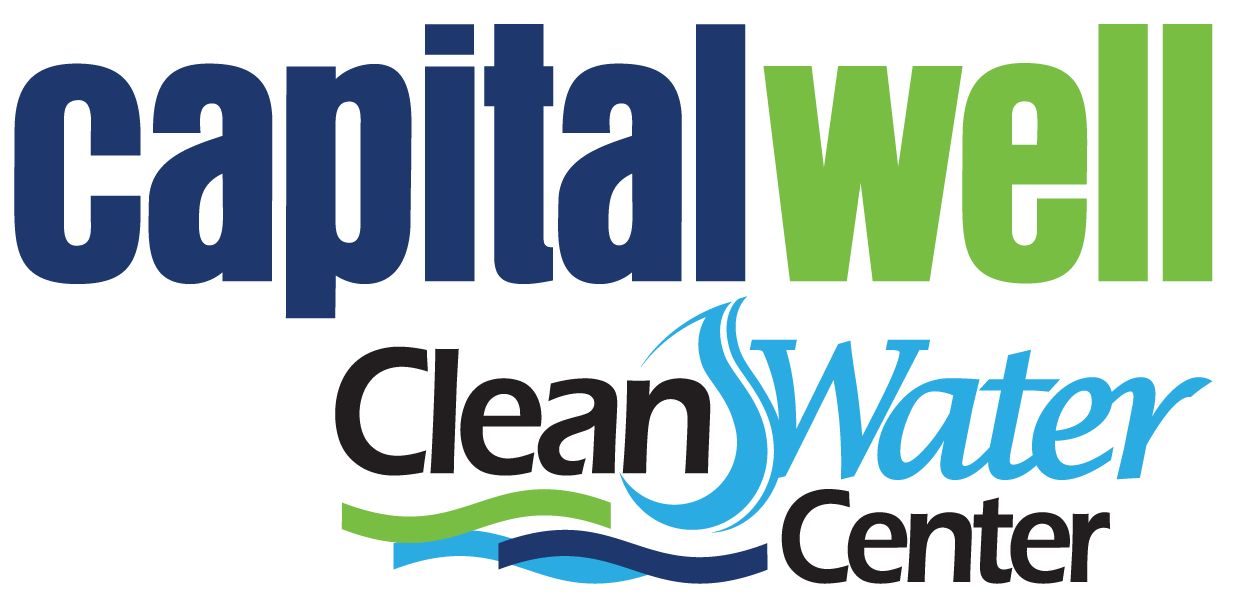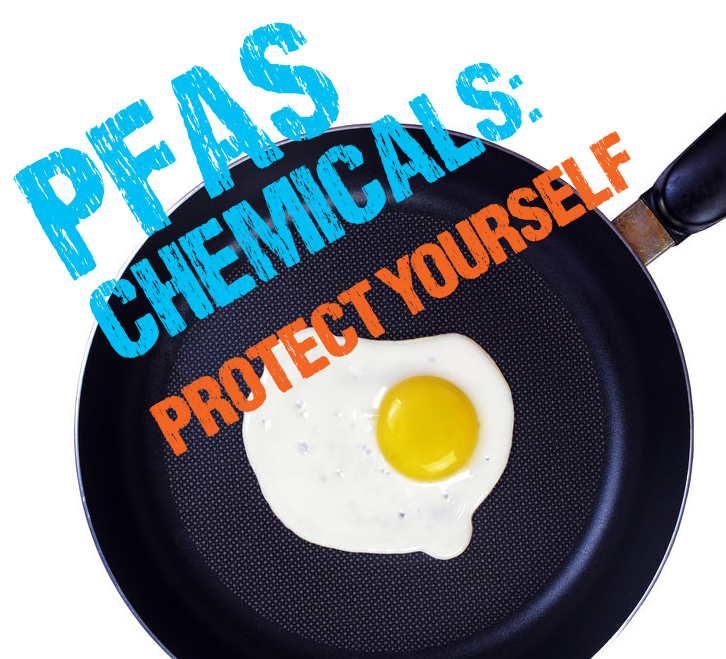PFAS Chemicals in New Hampshire’s Water: Protect Yourself
State of New Hampshire Proposed Changes to PFAS Drinking Water Standards
If you live in NH Hampshire, you have probably heard about PFOAs or PFAS in the news. PFAS chemicals in New Hampshire’s water are dangerous to humans, animals and plants. They are in NH’s groundwater in many areas of the state.
In February of this year, the New Hampshire Department of Environmental Services (NHDES) has released plans to establish NEW LIMITS on these chemicals. These are called Maximum Contaminant Levels (MCLs) and Ambient Groundwater Quality Standards (AGQS) for PFAS.
The Technical Stuff…
New Hampshire’s new proposed drinking water limit for PFOS is 38 ppt. For PFOA and for the two chemicals in combination, the proposed limit remains at 70 ppt. If approved, New Hampshire would be one of very few states that require PFAS testing and treatment in public water systems.
If this new standard is approved, the states’ water systems will have to comply. These water systems must serve at least 25 people for 60 days per year. As a result, they would have to meet the standards by testing for and treating the chemicals in the water, so that it meets required safety limits.
BREAKING IT DOWN
WHAT ARE PFAS?
It is a catch-all term for GROUP OF 4 MAN-MADE CHEMICALS per- and polyfluoroalkyl substances (PFAS) – perfluorooctanoic acid (PFOA), perfluorooctanesulfonic acid (PFOS), perfluorononanoic acid (PFNA) and perfluorohexanesulfonic acid (PFHxS).
WHAT ARE PFAS USED TO MAKE?
HOUSEHOLD PRODUCTS: Used as a treatment in stain and water-repelling fabrics, food packaging, Teflon, or non-stick surfaces on dishes and small appliances, paints, cleaning products, waxes and polishes, fire- fighting foams and more.
WHY WOULD I BE IN DANGER OF INGESTING PFAS CHEMICALS?
DRINKING WATER: Contaminated by a local manufacturer that uses these chemicals in production. It gets into the water supply through landfills, water treatment facilities and firefighter training facilities.
FOOD: If packaged in PFAS containing materials, processed on equipment that also processed PFAS materials, or grown in soil that has been contaminated by these chemicals. PFAS can build up over time in organisms that we eat, like animals and fish. It then builds up in our bodies.
YOUR WORKPLACE: Many manufacturers use PFAS, like chrome plating facilities, electronic manufacturing companies and food packaging facilities.
WHAT ARE THE HEALTH RISKS?
Because it can build up and stay in our bodies over long periods of time, studies have shown that they can cause liver and kidney diseases, low birth weights, reproductive and immunological problems, and cancerous tumors in laboratory animals. The only way you can be sure your water is safe is to have a filtration/treatment system installed.
By installing a filtration system, you are protecting the health of your family and the value of your property!
For references and ongoing information on the status of these rule changes:
https://www4.des.state.nh.us/nh-pfas-investigation/?p=945





